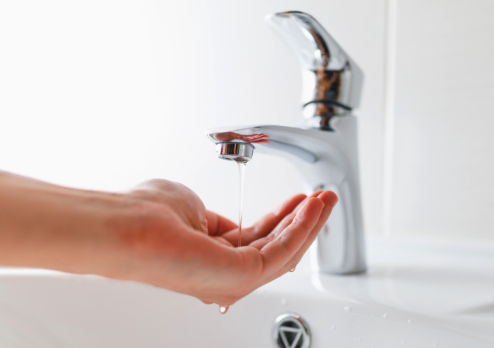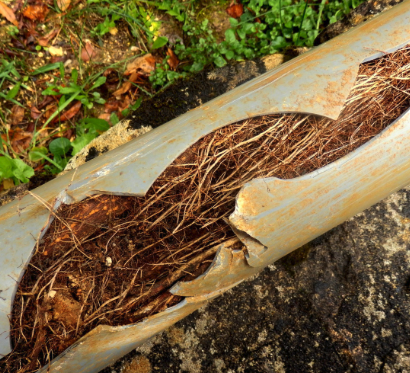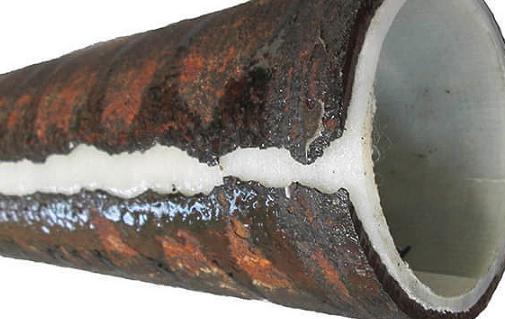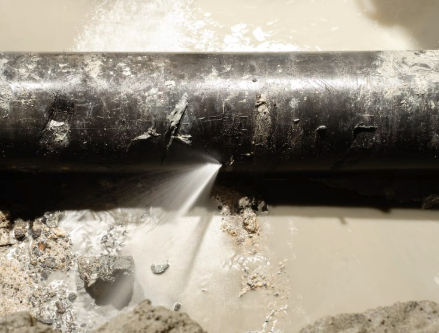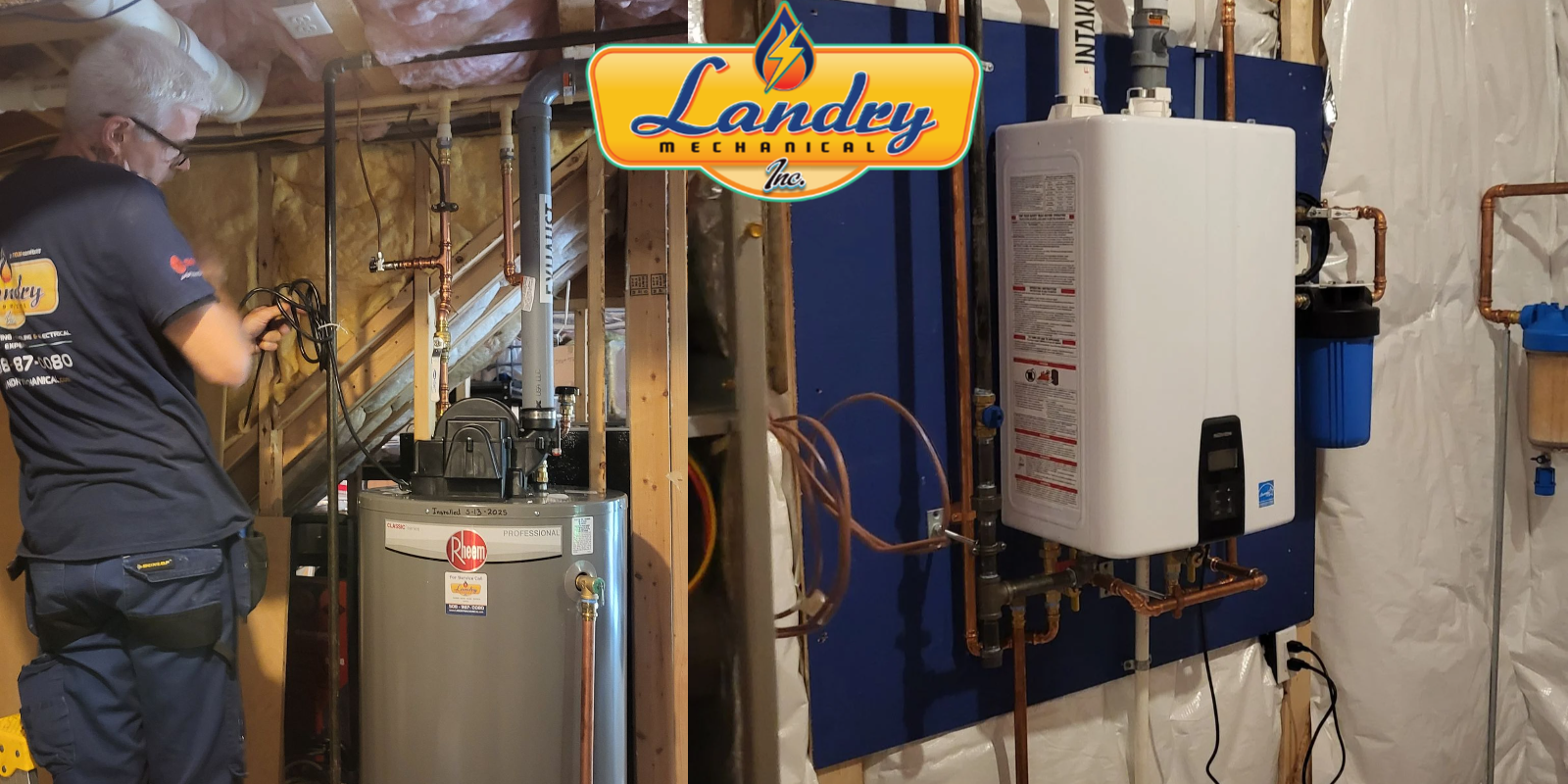Although flushable wipes are labeled and marketed as being safe for toilets, they easily rank among the worst things that you can send down your commodes. If you or anyone else in your Sutton, Massachusetts home has been using flushable wipes, now is the time to stop. Even if you haven’t had any problems with these products moving through your plumbing system before, you may be on track for major plumbing issues in the future.
Why Are Flushable Wipes Marketed as Being Flushable if They Really Aren’t?
Just as their manufacturers suggest, flushable wipes can indeed be flushed. However, this doesn’t necessarily mean that they should. Although these products will successfully go down your commodes more often than not, they aren’t guaranteed to pass through the entire length of your plumbing system without causing issues. Moreover, when flushable wipes do pass through residential plumbing systems unimpeded, they can still cause trouble once they enter the sewer. The cumulative effects of ongoing and widespread use of flushable wipes have been incredibly detrimental in this respect. Currently, they are the only flushable product on the market that doesn’t decompose. That’s because unlike toilet paper, these wipes aren’t actually made from just paper.
What Flushable Wipes Are Really Made Of
Like toilet paper, wood pulp serves as the basis of moist wipes. This, however, is where the similarity ends. To ensure that these products stand up to heavy use without breaking down, they’re reinforced with synthetic, petroleum-based products. Many flushable wipes are reinforced with polyethylene, polyester, and other like plastics. Moreover, they’re also coated in micro-plastics. These micro-plastics add additional reinforcement, and some even come in the form of cleaning agents.
When you flush toilet paper, moving water breaks it into small-sized pieces in virtually no time. When you send flushable wipes down the commode, these products maintain their integrity indefinitely. This means that they have a higher likelihood of getting caught up on snags on their way out of your plumbing system. Over time, these wipes and the solid wastes that adhere to them can create major blockages.
How Flushable Wipes Affect the Environment
If you’re thinking about using flushable wipes in your home or have been already, it’s also important to note how these products affect the environment. Not only are they marketed as being flushable when they really shouldn’t be sent down into plumbing systems, but they’re also labeled as “biodegradable.” This places consumers under the mistaken assumption that flushable wipes really do break down over time. However, there’s a big difference between being biodegradable and being able to decompose.
Natural products that aren’t reinforced with synthetic, petroleum-based materials break down completely. Flushable wipes simply shed small fibers over time. These polyethylene and polyester fibers remain intact for decades. More importantly, the micro-plastics that coat them continue to contaminate public water supplies long after they’ve been sent into plumbing systems. As such, not using flushable wipes as part of your personal care is better for both your plumbing and the environment.
What Plumbing Problems Can Flushable Wipes Cause?
There’s really no limit to the amount of problems that flushable wipes can cause. These products can cause issues even before they’ve successfully cleared the toilet. For instance, if you send them down with lots of human waste, toilet paper, or other flushable wipes, you could be dealing with a messy overflow in no time. Flushable wipes can also:
- Create blockages in plumbing systems that lead to burst pipes
- Cause whole-house back-ups that flood the home with black water
- Create problems at residential plumbing-to-sewer connections
They’re also capable of creating something known as fatbergs. Once wipes are introduced into plumbing systems, any fats that are present in the surrounding waste will adhere to them. These fats attract more fat and more flushable wipes until a large, solid mass is formed. This process is expedited in the alkaline environment of sewer systems, but if you’ve got dirty, grease-covered drains, you run the likelihood of developing fatbergs directly inside of your plumbing system.
Are Flushable Wipes Safe for Septic Tanks?
Flushable wipes are just as bad for septic tanks as they are for residential plumbing systems that connect to municipal sewer systems. In fact, they may be even more so. Just as fatbergs are prone to forming in sewers, septic tanks offer the ideal environment for fatberg formation, too.
Are There Easy Alternatives to Flushable Wipes?
Flushable wipes are easy to use and they help people feel fresh. However, the drawbacks of using and flushing these products far outweigh their benefits. One easy way to get the same clean feeling that flushable wipes provide is by investing in low-cost toilet paper sprays. These are gentle cleansing products that turn standard toilet paper into a comfortable, cleansing cloth. They don’t contain any plastics or micro-plastics, and they don’t affect toilet paper’s ability to break down. You can find options that include soothing aloe and other non-irritating, skin-supporting ingredients. When you think about it, this is far preferable to cleaning up with solutions made from micro-plastics.
There are also low-cost bidets that can be installed directly in standard toilets. You don’t have to pay thousands of dollars for a luxury toilet in order to get the functionality of a bidet. These products are offered at home and hardware stores at a fairly nominal cost. Best of all, installing them is simple enough that many homeowners can do it themselves. If you want to install bidets in your home toilets, you can also outsource this job to a trusted plumber.
Finally, if you’re looking for a way to both treat yourself and enhance the value and marketability of your home, you can always opt for a toilet upgrade. A reputable plumber can help you learn more about the best options at your targeted price point. Many products offer bidet functionality, music, heated seats, and lights.
Why It’s Important to Get Everyone in the Home on Board
Flushable wipes may be lurking in more areas of your home than you think. Given that these products are handy, people tend to use them all the time. Moreover, nearly all of them are clearly labeled as being “flushable” and thus, people who aren’t in the know will continue sending them down your commodes. You may have people in your home who are using these or similar products as makeup removal cloths or household cleaning tools.
The best way to avoid backups is to let everyone in your home know the truth about flushable wipes. Sure, they can be flushed, but they probably shouldn’t be. Unless wet, flushable wipes are used to clean bottoms and human waste, it is both safe and sanitary to dispose of them in the trash. Rather than using flushable wipes for personal care after visiting the commode, purchase toilet paper spray or a bidet. You don’t have to subject your plumbing system to extra wear and tear just to feel good about yourself after leaving the bathroom.
At Landry Mechanical Inc Plumbing HVAC & Electric, we’re committed to helping residents of Sutton, MA and the surrounding area keep their residential plumbing in top condition. We’ve been providing reliable HVAC, plumbing, and electrical services since 2008. If you’ve got plumbing problems, we’ve got solutions. Call us today to schedule an appointment for service.
